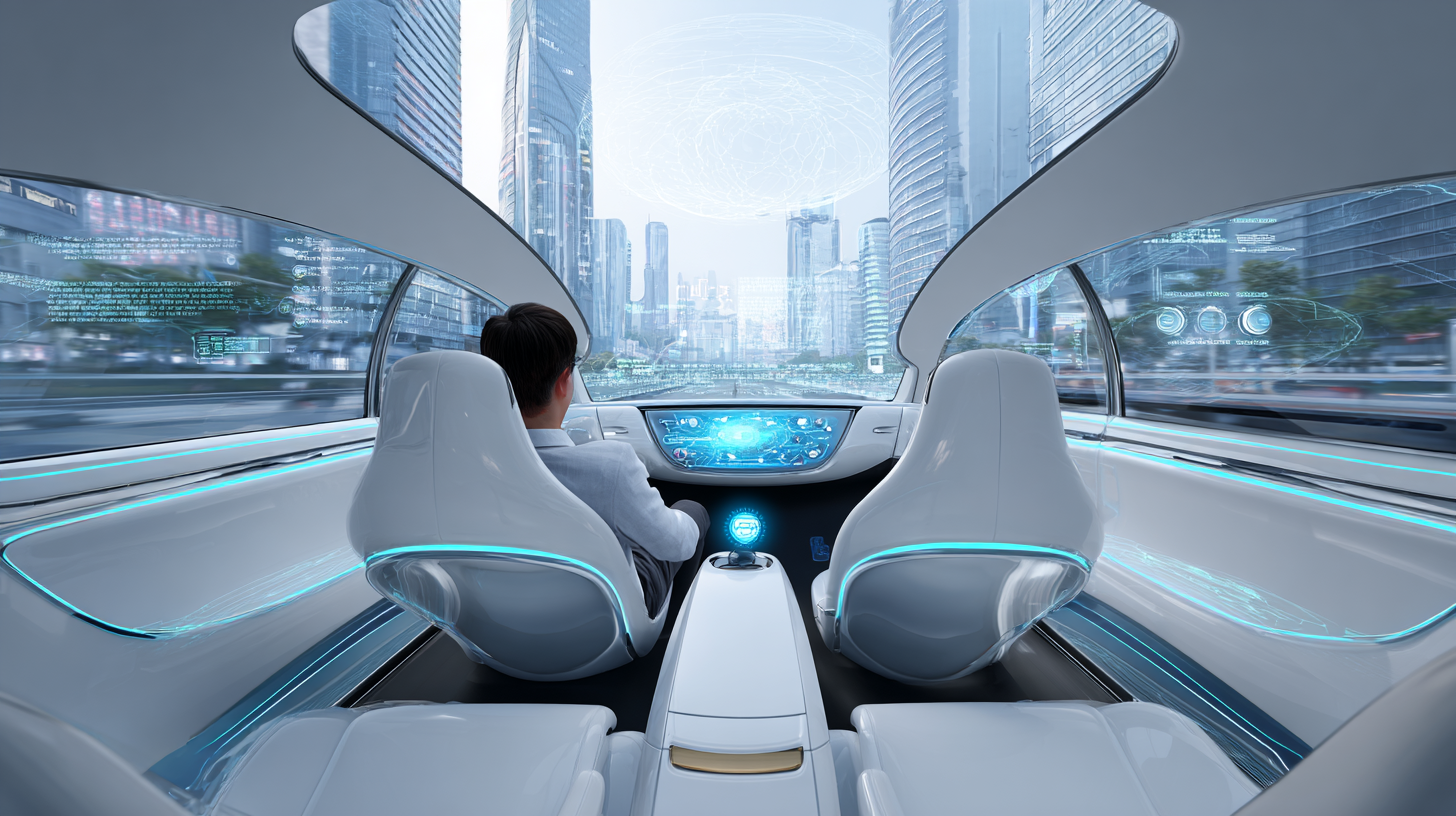By Futurist Thomas Frey
Children born in 2025 will come of age in a world without car crashes. By 2040, traffic fatalities in the United States will have fallen by 99.4%—from 40,000 annual deaths to fewer than 250, most of them in remote rural areas involving the last surviving legacy vehicles. These children will grow up never seeing roadside memorials, never hearing the screech of tires or the wail of an ambulance rushing to an intersection. They’ll never watch a parent tense up when another car drifts too close. For them, accidents will be myths—artifacts of a primitive, error-prone past. But this isn’t just a technological milestone—it’s a psychological revolution.
Psychologists are already beginning to speculate on what it means for a generation to grow up without exposure to random tragedy. The “accident-free generation” will think differently about risk, responsibility, and what society owes its citizens. They will not view death by misfortune as normal. Instead, they will assume that every danger—workplace injuries, medical errors, food poisoning, even pandemics—is preventable with the right systems and intelligence. Fatalism will fade, replaced by an almost moral expectation of perfection.
The shift began with autonomous vehicles that never got distracted, never drove drunk, never fell asleep, and never texted while moving. Once human error was engineered out of transportation, society’s tolerance for other types of preventable harm collapsed. If cars could become accident-free, why couldn’t hospitals eliminate surgical mistakes? Why couldn’t construction sites achieve zero fatalities? Why couldn’t industrial plants operate without explosions or environmental leaks? The 2040s will be the decade when “automotive-level safety” becomes the new benchmark for everything.
The consequences ripple far beyond the road. Insurance companies will lose their core business model, forcing them to reinvent themselves as risk-prevention analytics firms. Emergency rooms will shift from trauma response to predictive diagnostics. City infrastructure will evolve to assume no crashes—narrower lanes, more green space, less steel. Even memorial culture will change. Cemeteries will lose one of their most common categories of early graves. Death itself will feel more like a system failure than an inevitability.
But the most profound change will be cultural. For the accident-free generation, danger is a design flaw, not destiny. They will demand air travel with autonomous redundancy, healthcare with zero medication errors, workplaces with real-time AI safety enforcement. Companies that fail to deliver on these expectations will be viewed the way we now view unsafe 19th-century factories—unacceptable relics of a negligent era.
Older generations will struggle to adjust. They’ll reminisce about a time when life felt more “real”—when risk gave meaning and adrenaline to daily life. The young will find this baffling. To them, intentionally allowing people to die in preventable circumstances will seem barbaric, like allowing cholera to spread through contaminated water when clean infrastructure already existed. Safety, once a luxury, will become a baseline human right.
This generational divide will mirror others in history: those who remember polio versus those who never feared it; those who lived with routine famine versus those who can’t imagine it. But this divide will reach deeper, reshaping how humanity defines value. When you grow up in a world where death by chance has been engineered out, what becomes of risk-taking, adventure, and courage? What replaces the heroism of rescue when rescue is never needed?
The answer may be that human creativity shifts from responding to disaster to preventing it. The “accident-free” mindset will push innovation into predictive medicine, self-healing infrastructure, and AI-enforced safety ecosystems. The frontier of danger will no longer be on highways—it will be in outer space, deep ocean mining, or quantum computing labs where the stakes are intellectual, not mortal.
Final Thoughts
By 2040, the children of the accident-free era will not only drive differently—they will think differently about life, death, and responsibility. They will expect systems that protect them from every foreseeable harm. In their minds, the world’s greatest failure will not be when something goes wrong—it will be when someone allows it to. This shift in psychology marks the beginning of a new social contract, one where safety is not an afterthought but the operating system of civilization itself.
Related reading:


